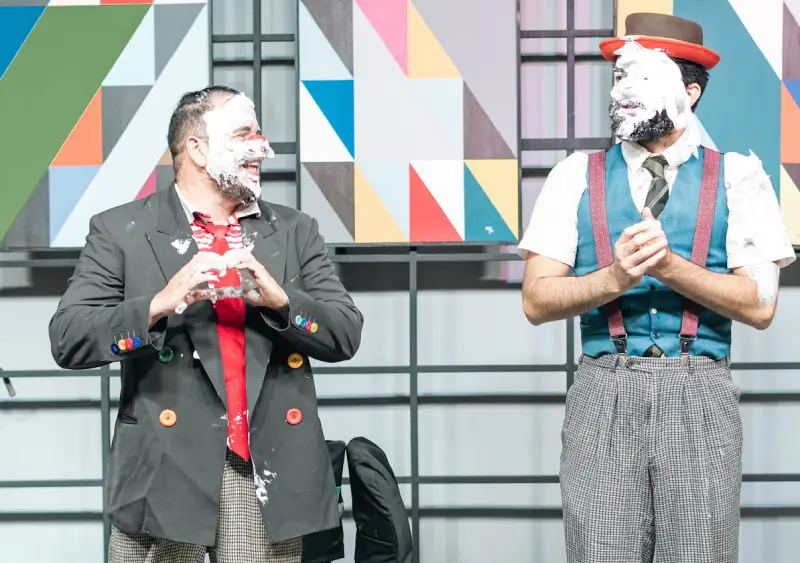Improvisational humour, or improv, is a unique and dynamic kind of entertainment in which performers must think on their feet. Unlike prepared comedy, improv is all about reacting in the moment, making spontaneous jokes, and accepting the unpredictable nature of the situation. Improv requires a combination of quick thinking, creativity, and teamwork, all of which may be learned with time. In this piece, we'll look at how to excel at improv comedy and develop the skills required to think on your feet.
1. Embrace the "Yes, And" Rule
The basic principle in improvisation is the "yes, and" principle. That rule encourages any performer to take what is being presented in the scene and go along with it. Saying "yes" to an idea, and then adding something new keeps the scene rolling, and something might pop out for humour to appear. A collaboration and open mindset is fundamental for success in improvisation.
2. Trust Your Instincts
Improvisation is more instinctive. Because there is no script, comedians have to rely on their instincts to adjust to the environment. Overthinking kills the spontaneity of a scene, so forget about self-doubt and commit to your decisions in the moment. Trusting your instincts provides for more authentic, enjoyable encounters that audiences will love.
3. Focus on Listening and Observation
Listening is equally vital to improvisation as speaking.
Paying attention to your coworkers' tone, body language, and emotions may help you respond to the situation more successfully. The best improvisers are constantly taking notes and responding accurately, rather than waiting their turn to speak.
4. Stay Present in the Moment
Presence and improvisation go hand in hand. Improv requires the performer to respond to the situation as it develops, as contrast to
scripted comedy, which permits the performer to prepare in advance. Improv entails focusing on what's in front of you and letting go of distractions. Experiences are more genuine and captivating when performers are alert and in the moment.
5. Don’t Fear Failure
One of the biggest challenges in improv is the fear of failure. Failure, on the other hand, often generates the most amusing moments. If a scene does not go as expected, it is vital to stay in character and keep moving forward. The opportunity to fail and rebound is a large part of what makes improv so exciting. Embrace mistakes because they can lead to unexpected and humorous results.
6. Collaborate with Your Fellow Performers
Improv requires teamwork. Comedians who have good chemistry together make the best performances. When everyone supports and builds on each other's ideas, the situation becomes more cohesive and compelling. Collaboration and camaraderie are key for the success of any Improv performance. Improvisation is a popular type of entertainment in Melbourne's comic scene.
Conclusion
The art of improv is about more than just making people laugh; it’s about creating a shared experience that feels alive and spontaneous. By embracing the "Yes, and" rule, trusting your instincts, staying present, and collaborating with others, you can master the art of thinking on your feet in comedy. In
Melbourne’s comedy scene, where improv has a strong presence, these skills are critical to standing out and creating memorable moments that keep the audience coming back for more. Improv is a journey of constant learning, and with time and practice, anyone can become a skilled improviser.





